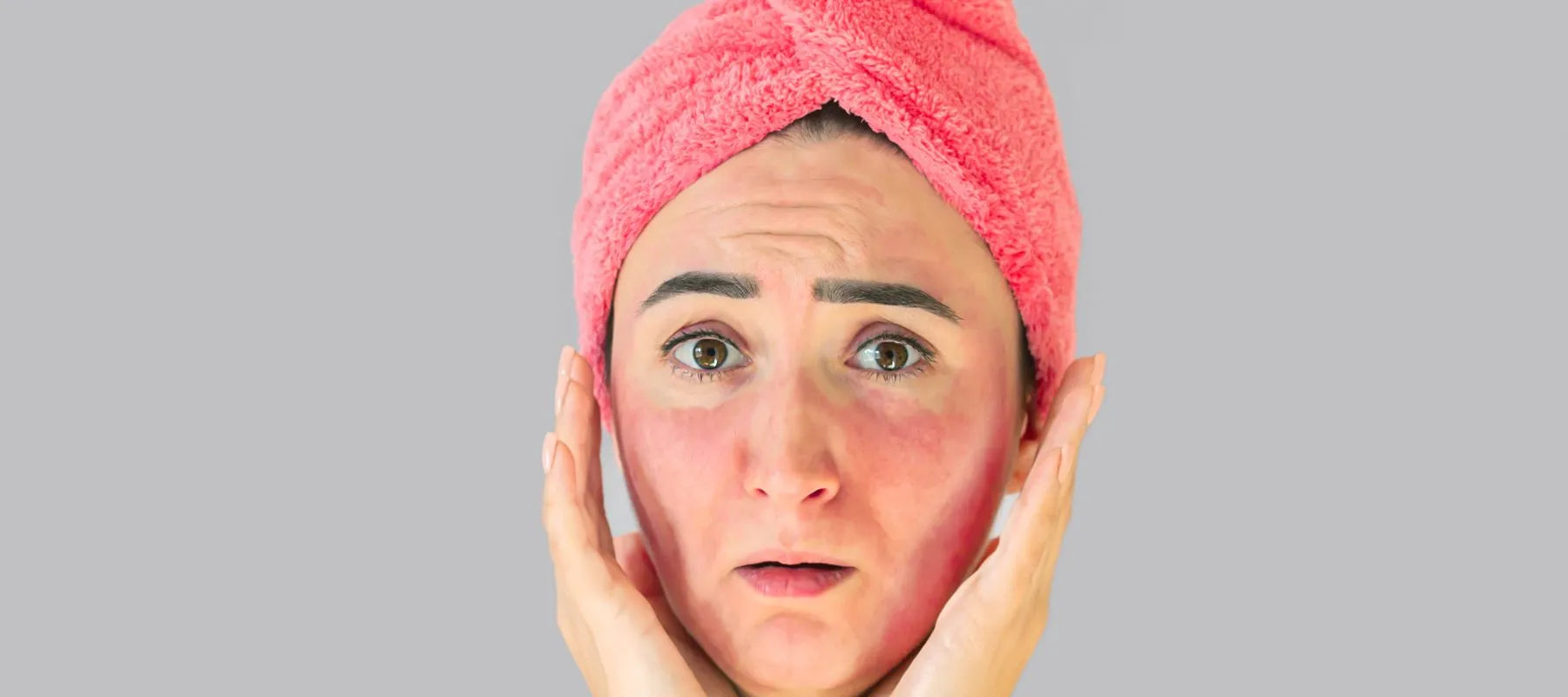
Congested skin: Meaning, causes, treatment
Does your face seem as smooth as those magazine girls when you run your fingers through it? Are you saying no? Then, you probably have congested skin. An uneven and bumpy texture usually characterises it. Moreover, you might notice breakouts on your skin. Read on to learn more about congested skin, its causes, and how to treat it.
What is congested skin?
Remember that congested skin does not have a clinical definition. All the people saying they have congested skin might not mean the same thing. However, skincare professionals and dermatologists usually have a uniform understanding of this term.
A lot of people think that congested skin means having acne breakouts. But it’s way more than that. You will probably notice dullness and some bumps under your skin's surface. A buildup of dead cells combines with sweat, oil, and impurities to cause this blockage.
How can I tell if my skin is congested?
Congested skin is often associated with oil buildup. Therefore, it’s typically found on the face, including the nose, cheeks, and forehead. Understanding whether you have congested skin is not at all difficult because you have some visible symptoms.
People with congested skin often exhibit the following signs:
- Cystic acne
- Blackheads
- Whiteheads
- Blocked pores
- Red and rough skin
Congested skin causes
The different congested skin causes are quite similar to those of acne. Let’s explore some of them below:
Hormones
Hormones have a huge influence on the appearance of your skin. One of the major reasons behind breakouts is hormonal imbalances. Usually, hormonal acne will be visible below the cheeks and around the jawline. They can often make your skin appear clogged.
Oil production
Oily skin is pretty natural for some people. While it does not always trigger breakouts, it can be one of the leading reasons. Excess oil production also makes the skin look blocked.
Skin elasticity
The human skin has a natural amount of elasticity. But it keeps reducing with age. As a result, it can enlarge the pores on your face. Open pores attract more dirt and oil. It leads to blackheads, whiteheads, and breakouts that block your skin.
Comedogenic products
At times, you notice some amount of irritation after applying a product to your skin. The next day or within a few hours, you will notice breakouts in that area. These products can also cause your skin to appear congested.
You will usually find these irritants in skincare products and soaps. Some of them include lanolin, propylene glycol, and isopropyl myristate. Ingredients like parabens and triclosan might also cause allergic reactions that trigger acne and congestion.
Congested skin treatment
You usually don’t need to run to a dermatologist to seek congested skin treatment. Following a strict skincare regimen usually helps. If you are looking for a routine tailored to care for congested skin, here’s one for you:
Cleanse your face
We have already mentioned that the congestion on your skin might be triggered by oil and impurities. So, cleansing seems like the basic thing to do. An everyday face wash will remove dead skin cells, along with dirt and excess sebum.
The Clearing & Calming Acne Face Wash might be a good choice if you are looking for a cleanser for daily use. It can improve the texture of your skin and make it glow through deep and gentle cleansing. Moreover, it will remove bacteria from the pores and provide relief from irritation.
Exfoliate occasionally
Using a face wash is not enough. The debris of dead cells might continue to thrive on your face even after thorough washing. That’s why exfoliating is necessary once or twice a week.
Exfoliants are created to peel off the dead skin cells and boost collagen production. But you must choose something that feels gentle on your skin. A good option can be the Overnight Exfoliating AHA BHA Radiance Mask because it removes dead cells without irritating them.
Moisturise sufficiently
You might be doubtful about this step. The thought of applying a moisturiser on congested skin can seem uncomfortable. You are probably thinking it will make your already clogged skin feel heavier and greasier.
But hear us out. Do you know what happens when your skin gets too dry? The human body tries to compensate for it by naturally producing more oil.
We have already mentioned that excess oil can lead to breakouts and congested skin. So, moisturising is more important than you think. But at the same time, you will have to find a lightweight moisturiser to prevent excessive greasiness.
You can consider the Acne Care & Healing Gel Moisturiser with Tea Tree & Cica. Since acne breakouts go hand in hand with congested skin, this might be the best solution. It will tackle sebum production and also unclog the pores.
Apply a serum
If you can recall the causes of congested skin we discussed above, you will realise that a lack of elasticity is one of them. Serums are great for improving the elasticity of your skin.
Moreover, some serums are good for regulating excess sebum. For instance, you can use the Super Clarifying 12% Niacinamide Face Serum. It will reduce acne and blemishes to improve skin tone and texture.
Also Read: How to Apply Face Serum? The Right Way to Apply Face Serum for Maximum Benefits
Conclusion
Once you embrace the best products for congested skin, you will gradually start noticing a radiant glow and smooth texture. But remember that there’s no universal approach to getting rid of congested pores on the skin. At times, you might have to seek professional advice from a dermatologist to observe the best results.
FAQs:
1. Should I exfoliate if I have congested skin?
Congested skin might occur due to a buildup of dead cells. So, exfoliating can be great for removing that deposit. But don’t overdo it, and only use a gentle exfoliant.
2. Is niacinamide good for congested skin?
Congested skin often comes with an uneven texture and dullness. Niacinamide can remove blemishes and give you smooth skin. Moreover, it can remove breakouts associated with congested skin.
3. Do I need to visit a dermatologist if I have congested skin?
If your skincare routine is not helping, you should visit a dermatologist. They will recommend medicines and specific products to get smooth and radiant skin.
























































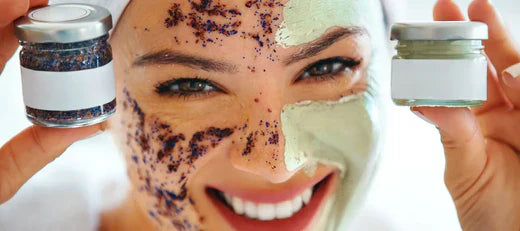
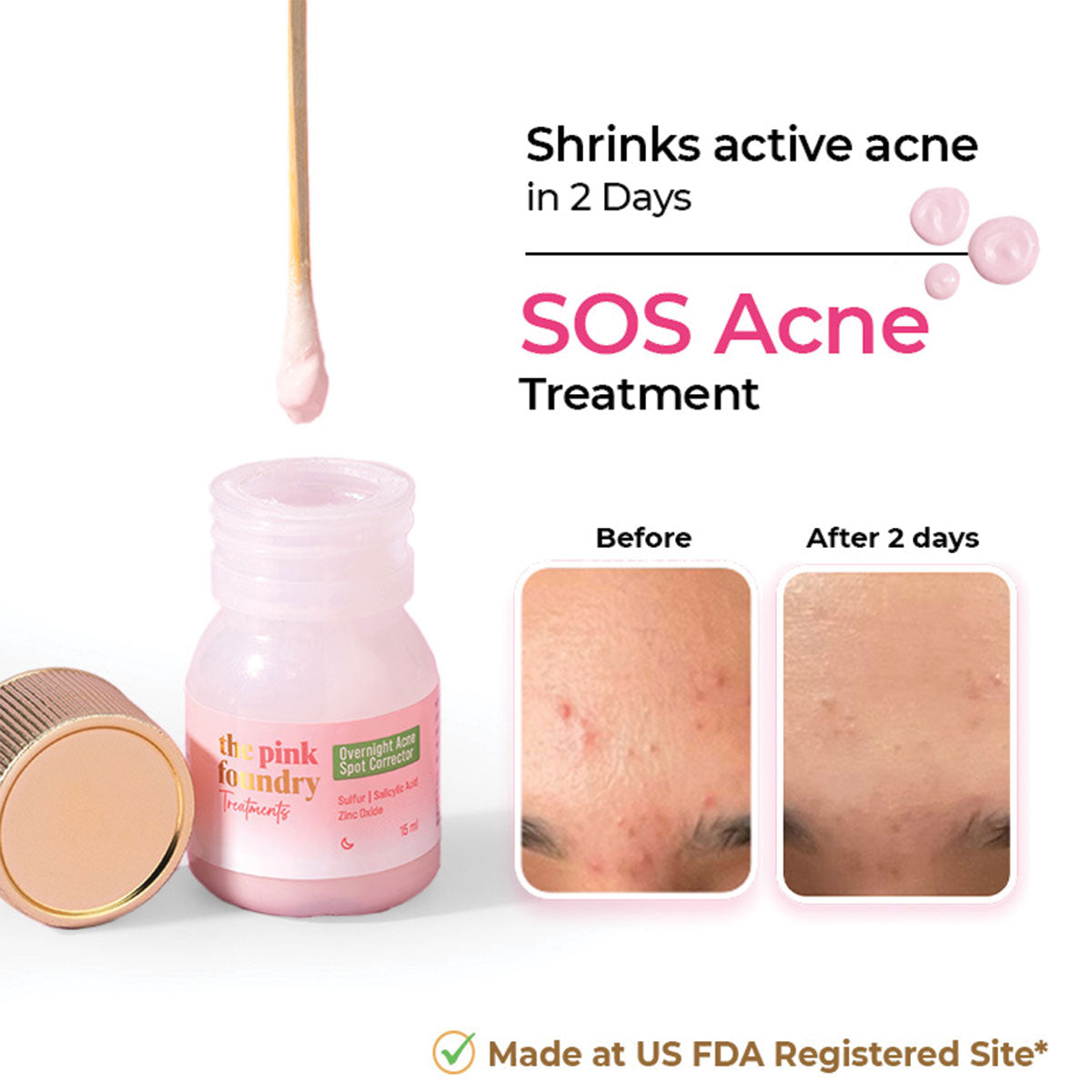
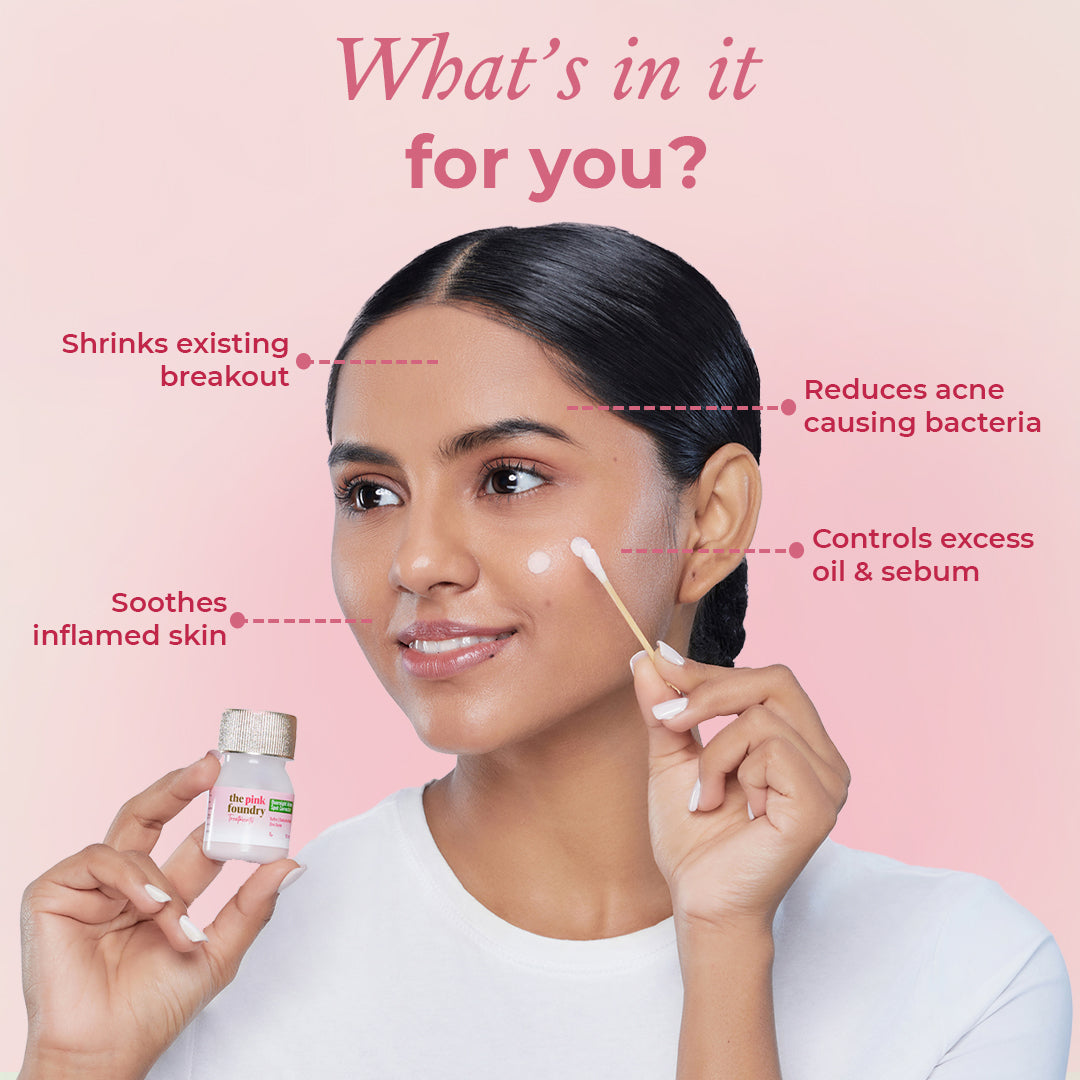


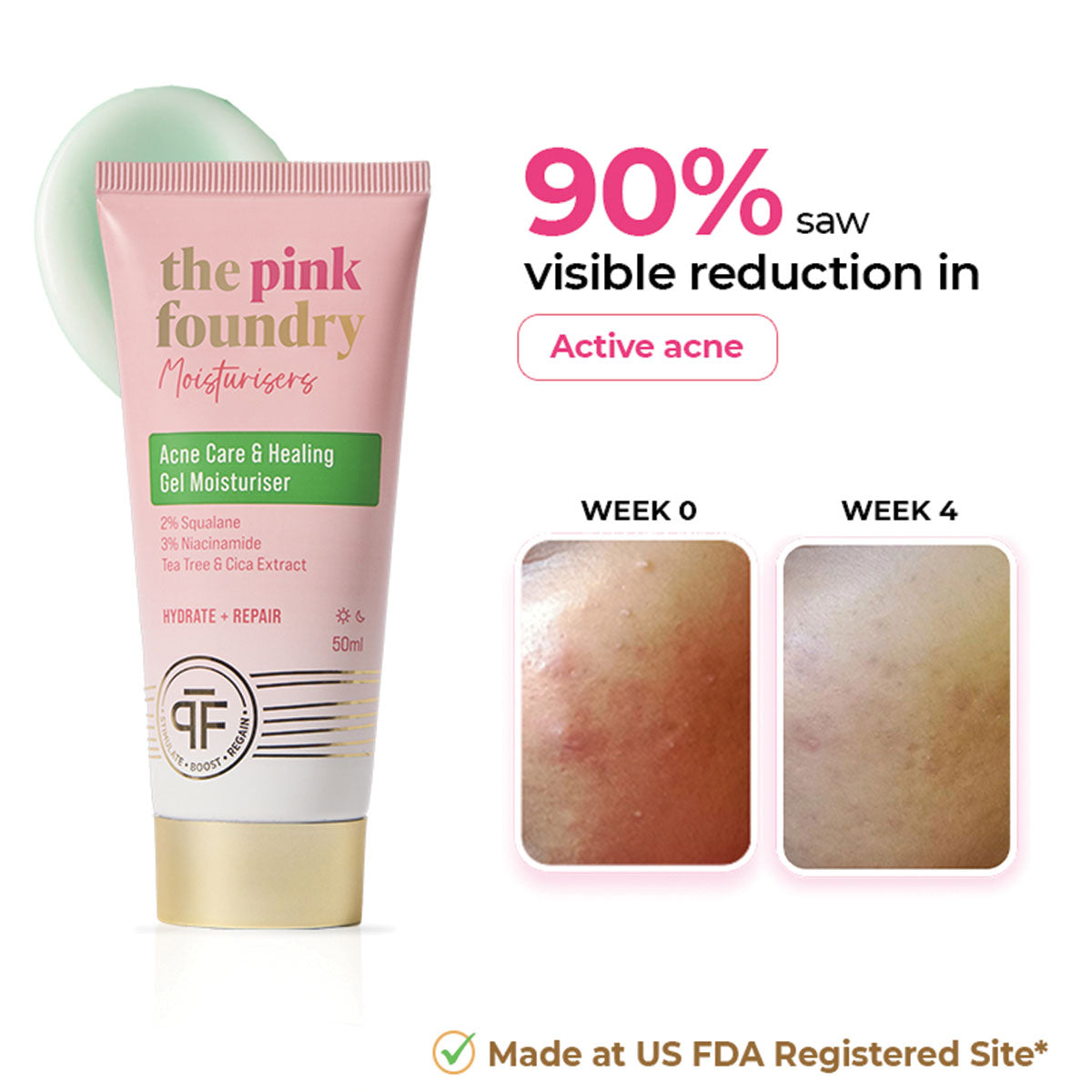
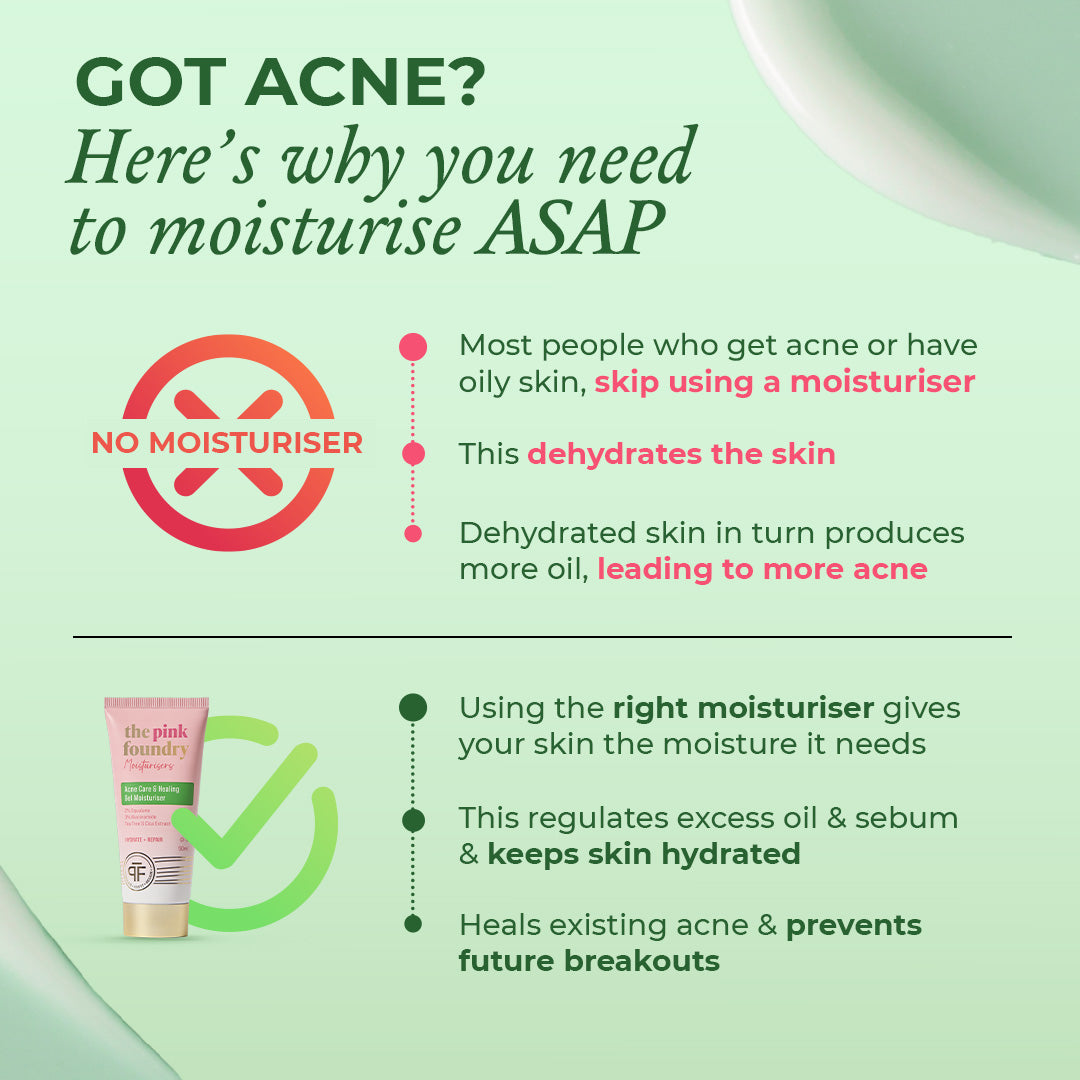










Leave a comment
This site is protected by hCaptcha and the hCaptcha Privacy Policy and Terms of Service apply.